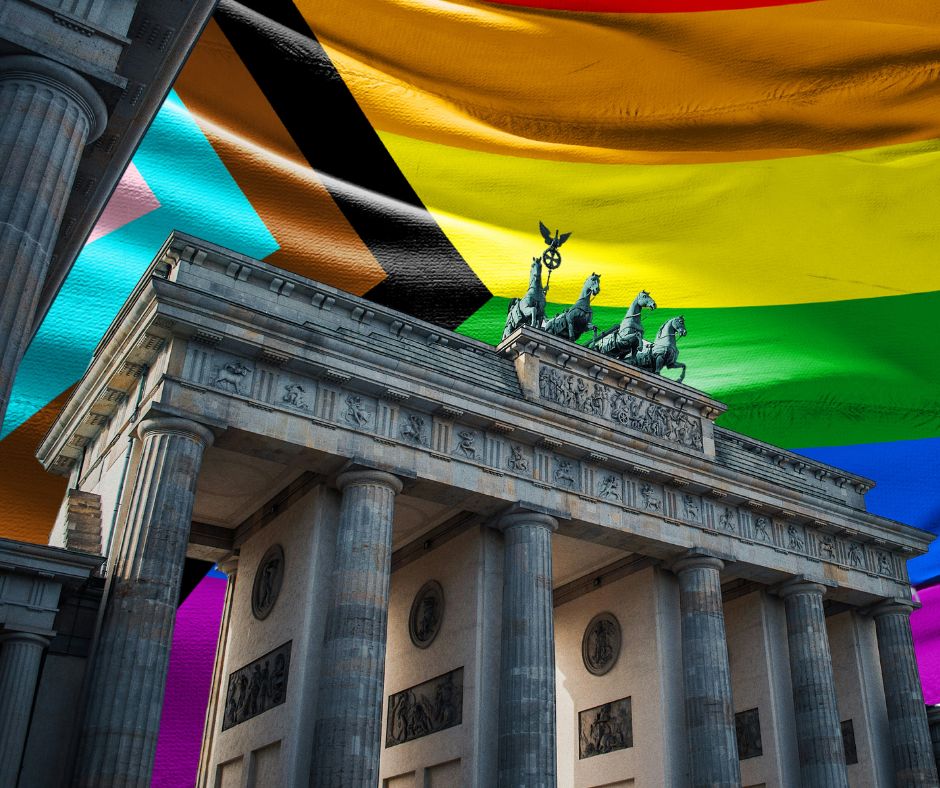
LGBTQ+ rights in Germany
Share
Germany is a world power that can be considered one of the most LGBTQ+-friendly countries. But it wasn't always like that...

For many years, sexual intercourse between men was forbidden, and it was only after World War I, when a certain liberal thaw began in Germany, that LGBT+ people began to be more visible in public. Berlin, the country's capital, became a haven for many queer people, some queer-themed artworks were created (such as Girls in Uniforms ), and the Institute of Sexology was also founded, under the leadership of sexologist Magnus Hirschfeld, who advocated an open approach to LGBTQ+ people at the time.
However, this period ended with the rise of Nazism to power, and many queer people, especially gays, were persecuted, tortured, and killed. According to Nazi ideology, gays prevented the reproduction of the Aryan race, which was supposed to take over the world.
After World War II, a series of events took place that influenced the history of German territory for several decades: the state was divided into two parts (East Germany and West Germany), each of which went its own way. East Germany was not very supportive of LGBTQ+ rights, as queer people were seen as a threat to the functioning of the state with their lifestyle, but over time, homosexuality was decriminalized in the country (in 1968) and in the late 1980s, East Germany even established its own gay disco called Die Busche . On the other hand, West Germany was not welcoming to LGBTQ+ people either, despite the fact that the first LGBTQ+ rights march was held there in 1970, following on from the Stonewall protests in New York.
After the fall of the Berlin Wall, Germany was reunified and queer rights began to be upheld. Today, we find a number of LGBTQ+ people among German figures, such as former Berlin mayor Klaus Wowereit and former environment minister Barbara Hendricks, who came out during their mandate.
It probably doesn't make sense to add that Germany has marriage for everyone, including adoptions, and that castration is not required to change one's legal gender (although you still have to go through a court process). But the country has also taken an important step in intersex rights: the country now recognizes a total of three legal genders, although only intersex people can apply for the neutral one.
